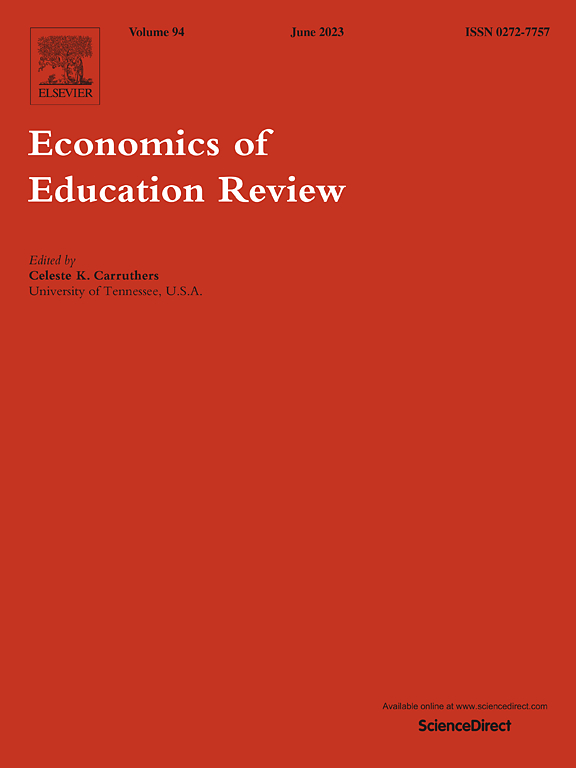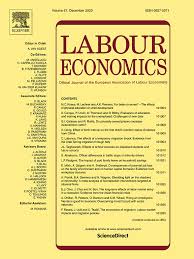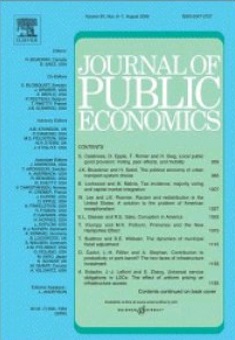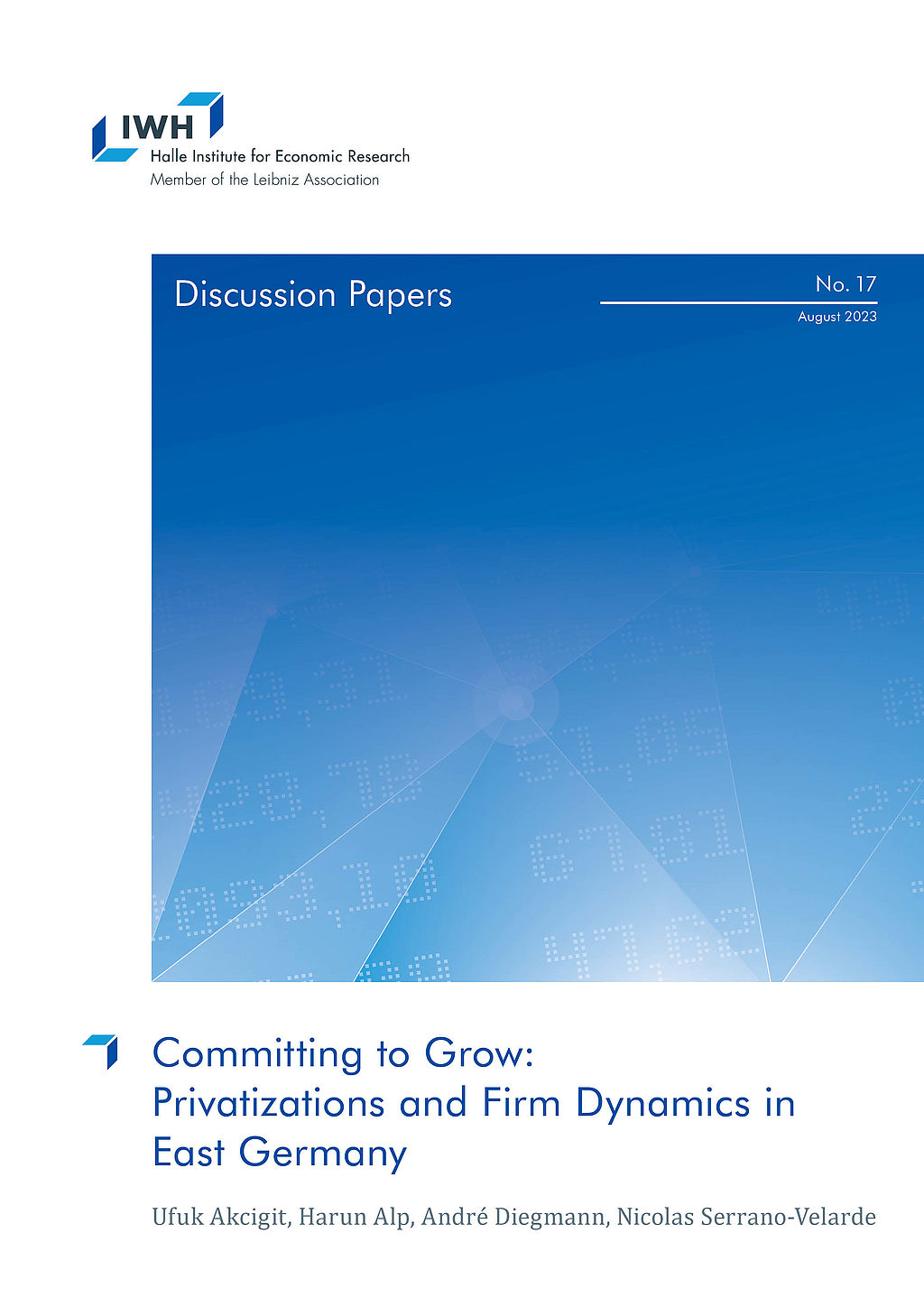Dr. André Diegmann

Aktuelle Position
seit 3/21
Leiter der Forschungsgruppe Betriebliche Dynamiken und Beschäftigungsergebnisse
Leibniz-Institut für Wirtschaftsforschung Halle (IWH)
seit 1/20
Mitglied der Abteilung Strukturwandel und Produktivität
Leibniz-Institut für Wirtschaftsforschung Halle (IWH)
Forschungsschwerpunkte
- empirische Arbeitsmarktökonomik
- Firmendynamik
- politische Ökonomie
- Economics of Crime
André Diegmann ist seit Januar 2020 wissenschaftlicher Mitarbeiter in der Abteilung Strukturwandel und Produktivität und seit Juni 2020 Junior Research Associate am Zentrum für Europäische Wirtschaftsforschung (ZEW). Er forscht zu den Themen angewandte Mikroökonometrie, Arbeitsmarktökonomik und Finanzwissenschaften.
André Diegmann studierte an der Universität Kassel und promovierte an der Universität Mannheim. Bevor er zum IWH kam, war er am ZEW, IAB sowie beim Sachverständigenrat zur Begutachtung der gesamtwirtschaftlichen Entwicklung tätig.








